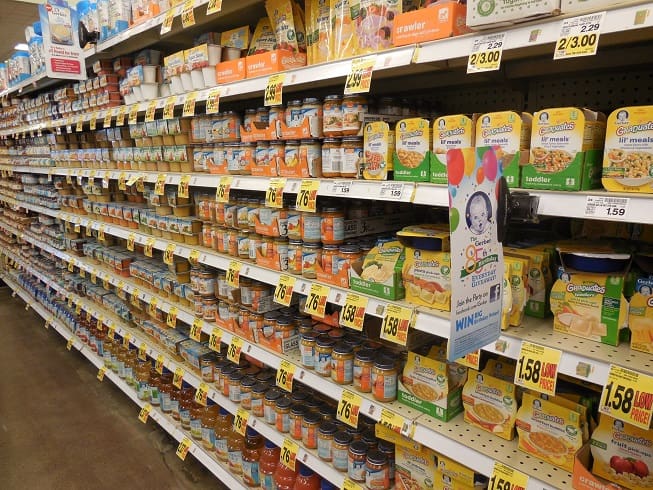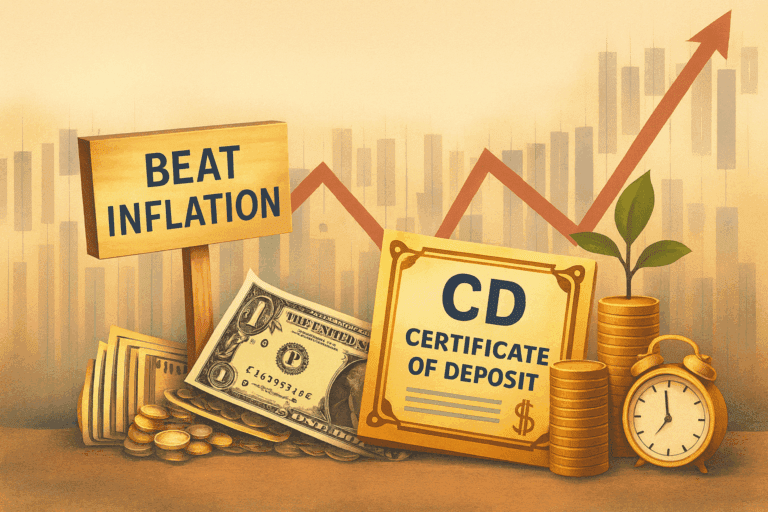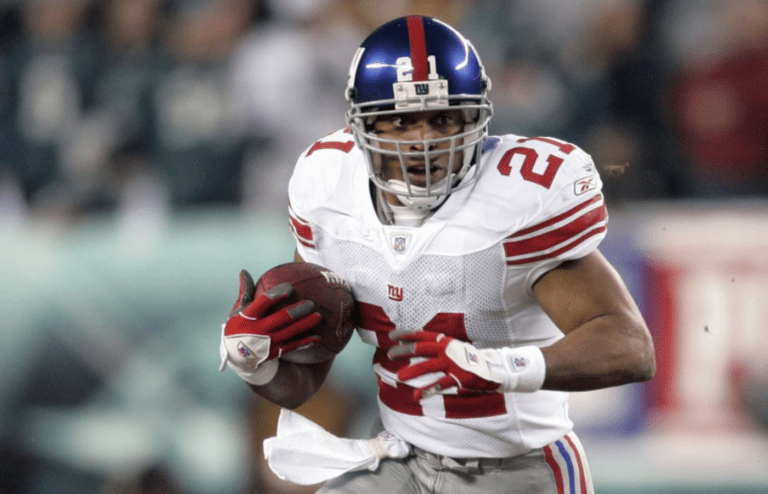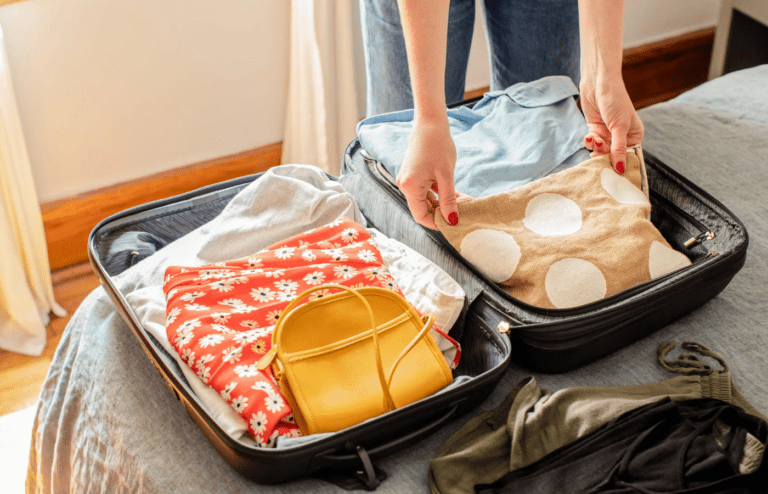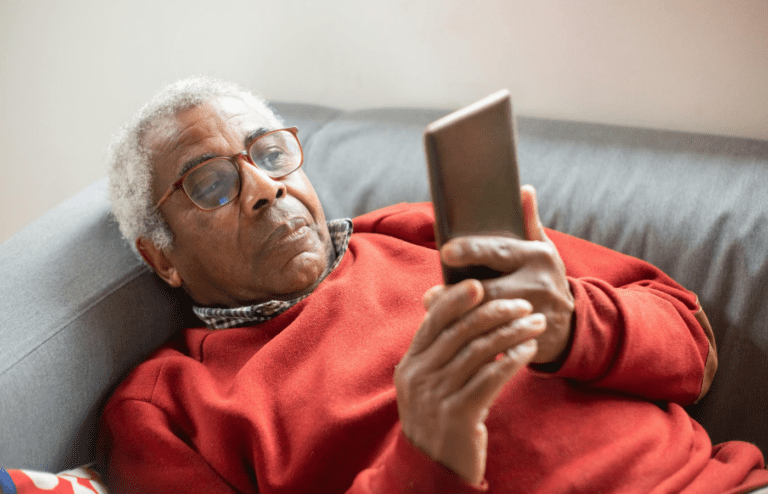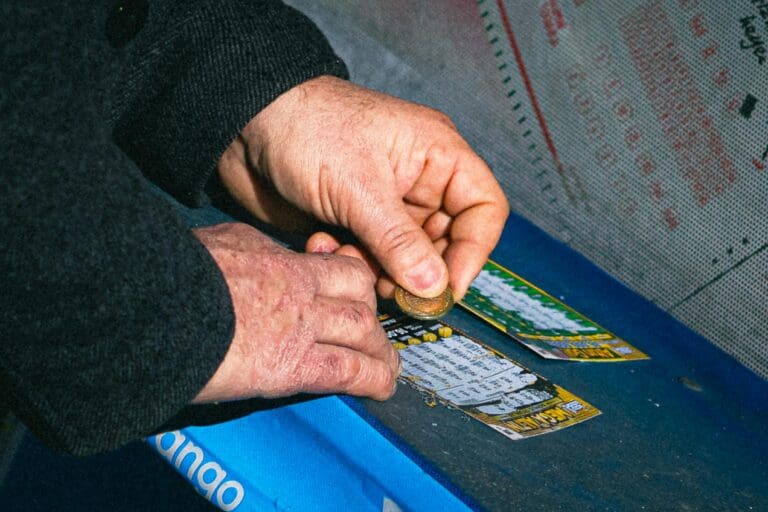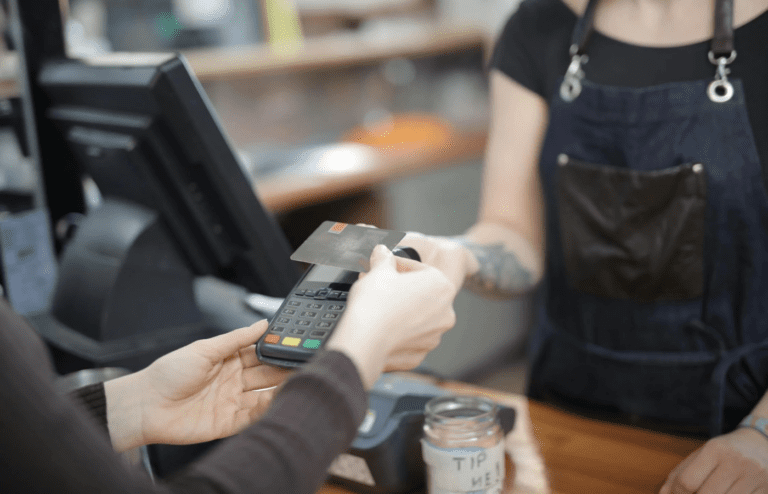Boycotts have long been a powerful way for consumers to demand change. When people come together and refuse to spend their money, even the biggest brands take notice.
Some boycotts last only a few weeks, while others reshape entire industries. Here are ten of the most successful retail boycotts in history and the impact they had on businesses and society.
1. The Montgomery Bus Boycott (1955-1956)
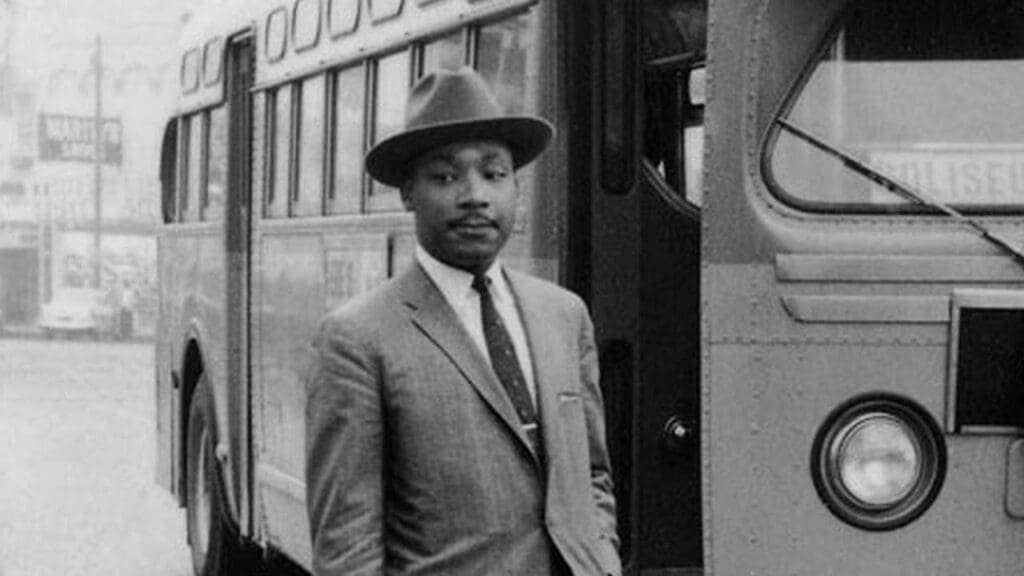
The Montgomery Bus Boycott is one of the most famous protests in American history. Sparked by Rosa Parks’ arrest, Black residents of Montgomery, Alabama, refused to ride city buses for over a year. The boycott crippled the transit system’s revenue and led to a Supreme Court ruling that desegregated public transportation.
2. The Nestlé Boycott (1977-Present)
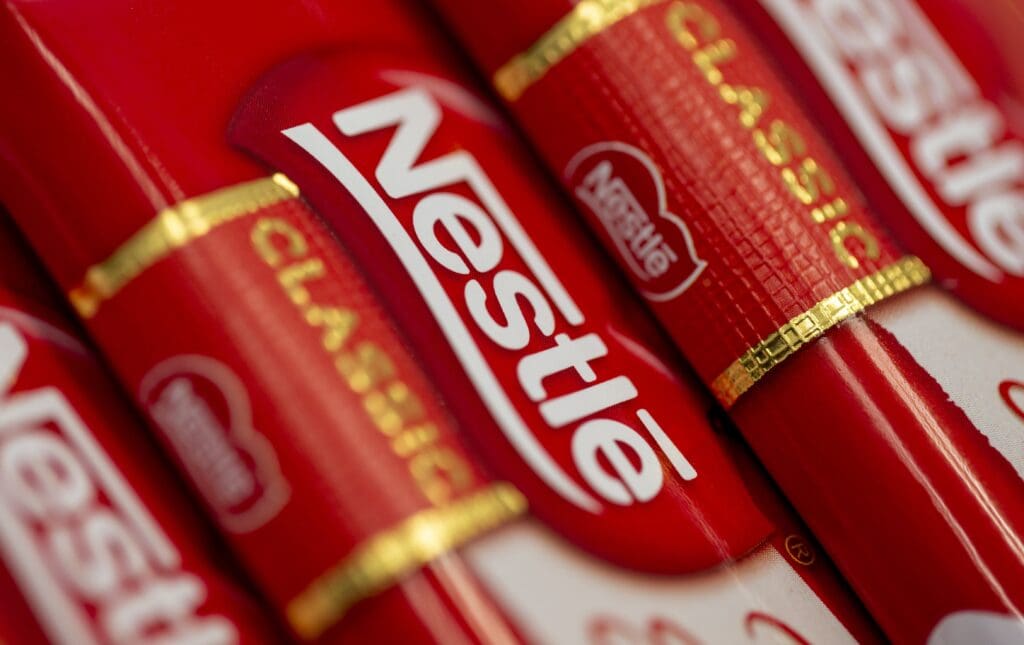
Nestlé faced global outrage for aggressively marketing baby formula in developing countries, leading to malnutrition and infant deaths. Activists called for a boycott that spread worldwide. While Nestlé made changes, the boycott remains active today, proving the power of long-term consumer activism.
3. The California Grape Boycott (1965-1970s)

Led by César Chávez and Dolores Huerta, this boycott aimed to improve wages and working conditions for farmworkers. Millions of Americans stopped buying grapes, forcing growers to negotiate contracts that guaranteed better pay and benefits. The movement helped shape modern labor rights.
4. The Coors Beer Boycott (1977-1980s)
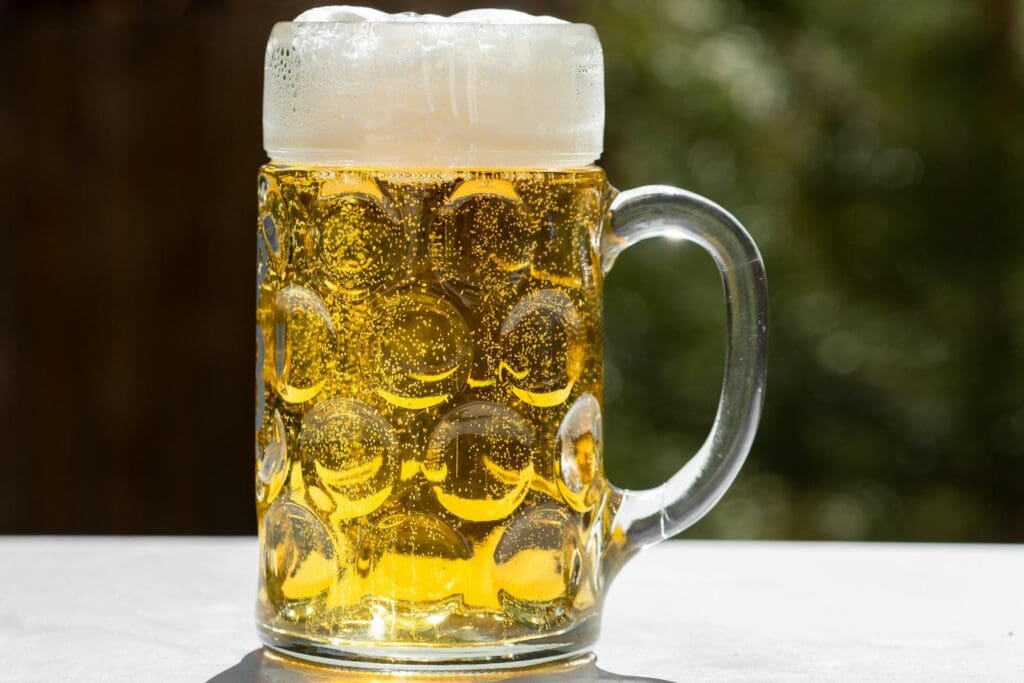
Coors faced a nationwide boycott due to its anti-union policies and alleged discriminatory hiring practices. Activists, including labor unions and LGBTQ+ groups, called for a ban on Coors beer. The company eventually changed its policies, leading to a major shift in its corporate culture.
5. The Nike Sweatshop Boycott (1990s-2000s)

Nike came under fire for using overseas sweatshops with poor working conditions and low wages. A massive consumer boycott forced Nike to overhaul its supply chain, implement fair labor standards, and increase transparency in its manufacturing practices.
6. The South African Apartheid Boycott (1950s-1994)
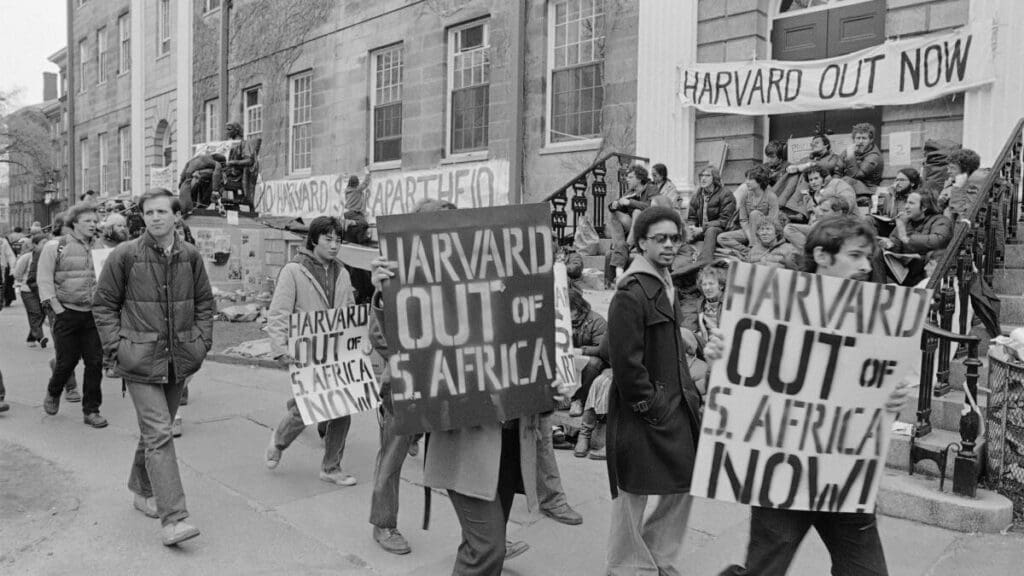
For decades, consumers worldwide refused to buy products from companies that did business in apartheid-era South Africa. This economic pressure helped other major factors dismantle the oppressive system, leading to Nelson Mandela’s release and the country’s shift to democracy.
7. The Chick-fil-A Boycott (2012-Present)
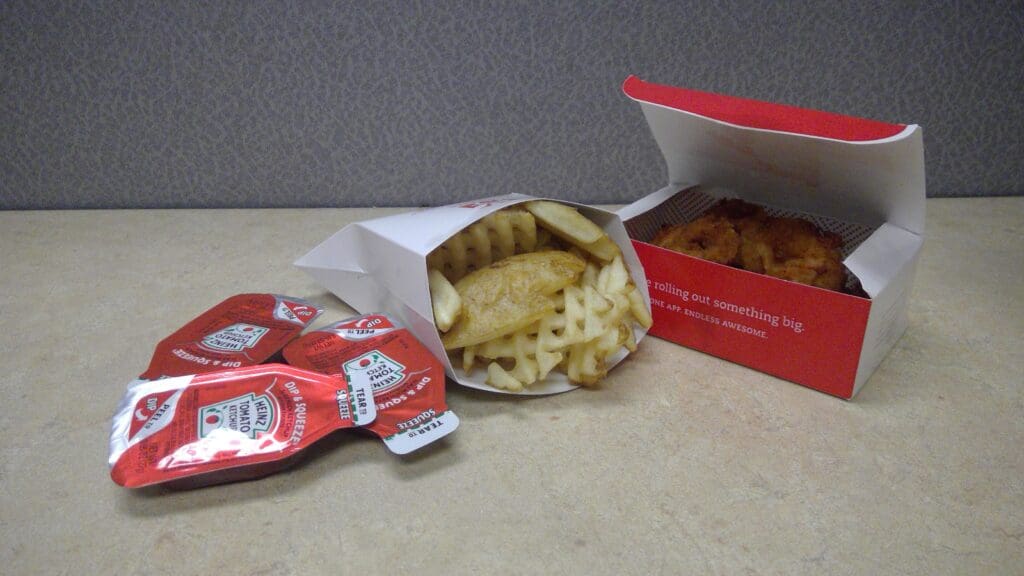
Chick-fil-A sparked controversy after reports surfaced about its donations to organizations opposing LGBTQ+ rights. Boycotts and protests followed, causing the company to scale back its contributions and modify its public stance. Despite this, the issue continues to divide consumers.
8. The BP Gas Boycott (2010)
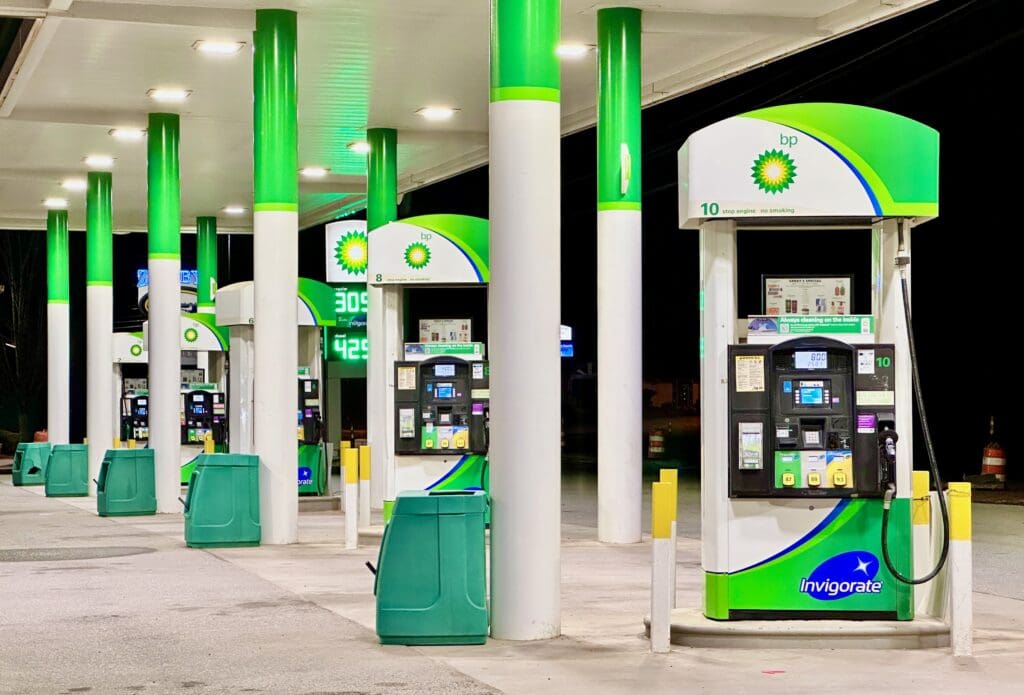
After the Deepwater Horizon oil spill, environmental groups and angry consumers called for a boycott of BP gas stations. The company faced severe financial losses and reputational damage, forcing it to invest billions in cleanup efforts and renewable energy.
9. The Facebook Ad Boycott (2020)

Major companies, including Coca-Cola and Unilever, pulled advertising from Facebook to protest the platform’s handling of hate speech and misinformation. The boycott potentially cost Facebook millions in lost ad revenue and pressured the company to update its content policies.
Related: 10 Elon Musk Predictions That Failed to Hit the Mark
10. The Bud Light Boycott (2023-Present)
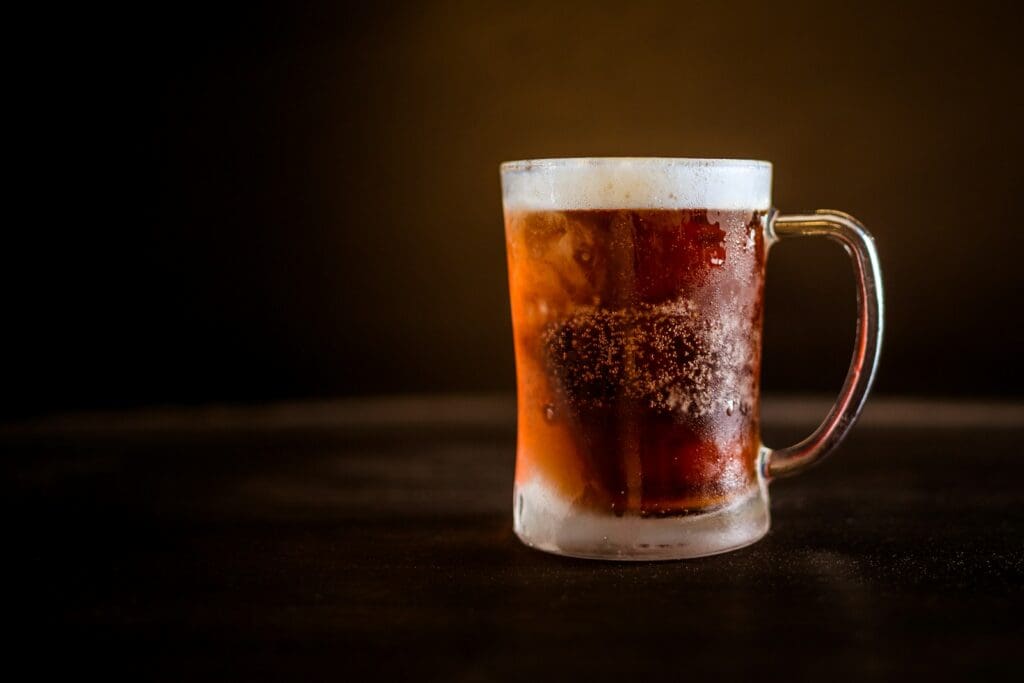
Bud Light faced backlash after a marketing campaign featuring a transgender influencer sparked controversy. Some consumers staged a boycott, leading to a drop in sales and a shift in marketing strategies. While the long-term impact on the brand remains uncertain, right now Bud Light is struggling to regain their market position.
Related: 15 Shocking Tech Company Lies That Will Blow Your Mind

